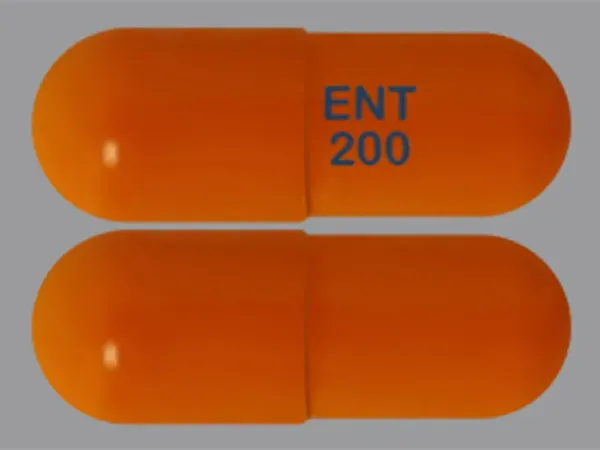Rozlytrek Disease Interactions
There are 4 disease interactions with Rozlytrek (entrectinib).
Entrectinib (applies to Rozlytrek) CHF
Moderate Potential Hazard, Moderate plausibility. Applicable conditions: Congestive Heart Failure
The occurrence of congestive heart failure (CHF) was reported in 3.4% of the patients in clinical trials with entrectinib. Assess left ventricular ejection fraction (LVEF) prior to initiation of entrectinib in patients with symptoms or known risk factors for CHF. Monitor patients for clinical signs and symptoms of CHF, including shortness of breath and edema. For patients with myocarditis, with or without a decreased ejection fraction, MRI or cardiac biopsy may be required to make the diagnosis. For patients with new onset or worsening CHF, withhold treatment, institute appropriate medical management, and reassess LVEF. Based on the severity of CHF or worsening LVEF, resume entrectinib at a reduced dose upon recovery to baseline or permanently discontinue.
References (1)
- (2019) "Product Information. Rozlytrek (entrectinib)." Genentech
Entrectinib (applies to Rozlytrek) liver impairment
Moderate Potential Hazard, Moderate plausibility. Applicable conditions: Liver Disease
Entrectinib has not been studied in patients with moderate (total bilirubin > 1.5 to 3 times ULN) and severe (total bilirubin > 3 times ULN) hepatic impairment, caution is advised. No dose adjustment is recommended for patients with mild (total bilirubin = 1.5 times ULN) hepatic impairment.
References (1)
- (2019) "Product Information. Rozlytrek (entrectinib)." Genentech
Entrectinib (applies to Rozlytrek) QT prolongation
Moderate Potential Hazard, Moderate plausibility. Applicable conditions: Congestive Heart Failure, Long QT Syndrome, Electrolyte Abnormalities
Entrectinib can prolong the QT interval. Monitor patients who already have or who are at significant risk of developing QTc interval prolongation, including patients with known long QT syndromes, clinically significant bradyarrhythmias, severe or uncontrolled heart failure and those taking other medicinal products associated with QT prolongation. Assess QT interval and electrolytes at baseline and periodically during treatment, adjusting frequency based upon risk factors such as congestive heart failure, electrolyte abnormalities, or concomitant medications. Based on the severity of QTc interval prolongation, withhold entrectinib and then resume at same or reduced dose, or permanently discontinue.
References (1)
- (2019) "Product Information. Rozlytrek (entrectinib)." Genentech
Entrectinib (applies to Rozlytrek) renal impairment
Moderate Potential Hazard, Moderate plausibility. Applicable conditions: Renal Dysfunction
Entrectinib has not been studied in patients with severe renal impairment (CrCl < 30 mL/min). Caution is advised if used on these patients. No dose adjustment is recommended for patients with mild or moderate renal impairment (CrCl 30 to < 90 mL/min).
References (1)
- (2019) "Product Information. Rozlytrek (entrectinib)." Genentech
Switch to consumer interaction data
Rozlytrek drug interactions
There are 562 drug interactions with Rozlytrek (entrectinib).
Rozlytrek alcohol/food interactions
There is 1 alcohol/food interaction with Rozlytrek (entrectinib).
More about Rozlytrek (entrectinib)
- Rozlytrek consumer information
- Check interactions
- Compare alternatives
- Pricing & coupons
- Drug images
- Side effects
- Dosage information
- During pregnancy
- FDA approval history
- Drug class: multikinase inhibitors
- Breastfeeding
- En español
Related treatment guides
Drug Interaction Classification
| Highly clinically significant. Avoid combinations; the risk of the interaction outweighs the benefit. | |
| Moderately clinically significant. Usually avoid combinations; use it only under special circumstances. | |
| Minimally clinically significant. Minimize risk; assess risk and consider an alternative drug, take steps to circumvent the interaction risk and/or institute a monitoring plan. | |
| No interaction information available. |
See also:
Further information
Always consult your healthcare provider to ensure the information displayed on this page applies to your personal circumstances.


